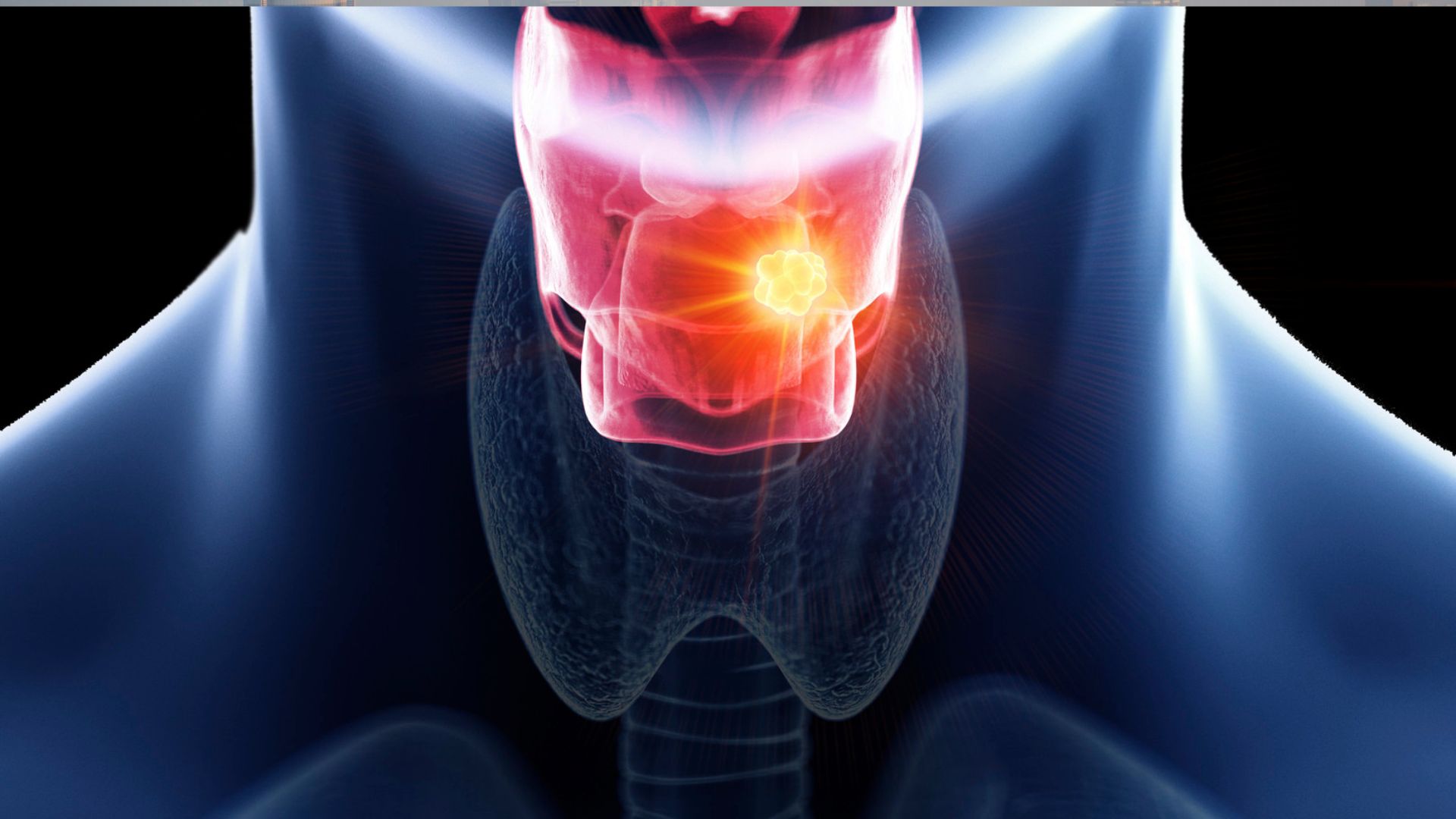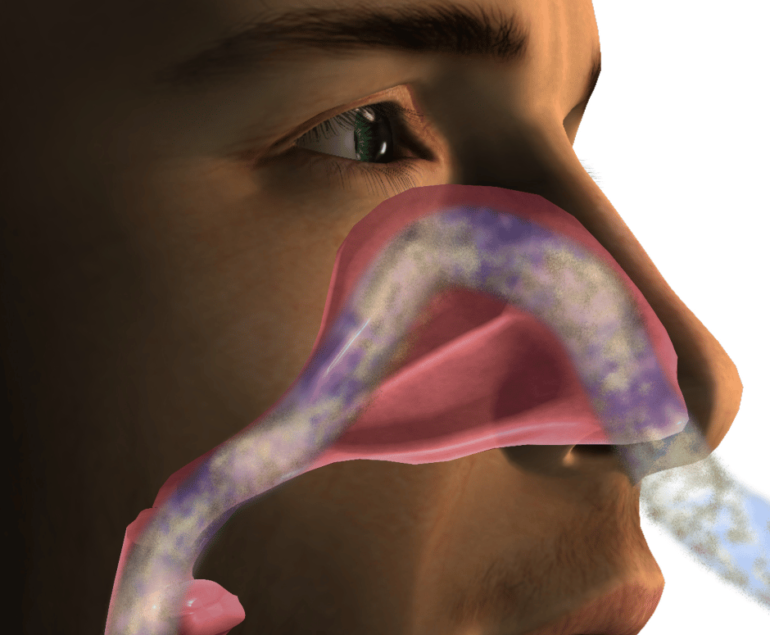Introduction
Vocal cord dysfunction (VCD) is a condition that affects the proper functioning of the vocal cords, leading to difficulties in breathing, speaking, or both. While it can mimic asthma symptoms, VCD is a distinct disorder that requires specific diagnosis and treatment. Understanding its causes, symptoms, and available treatment options is crucial for individuals experiencing vocal cord dysfunction.
Understanding Vocal Cord Dysfunction
What Are Vocal Cords?
Structure and Function
Vocal cords, also known as vocal folds, are located in the larynx (voice box) and play a crucial role in speech and breathing. They consist of delicate mucous membranes stretched horizontally across the larynx.
What Is Vocal Cord Dysfunction?
Definition and Overview
Vocal cord dysfunction occurs when the vocal cords do not open correctly during inhalation or exhalation. Instead of opening fully, they may close partially or completely, obstructing airflow and causing breathing difficulties.
Causes of Vocal Cord Dysfunction
Psychological Factors
Stress and Anxiety
Stress and anxiety can trigger VCD episodes by causing the muscles around the vocal cords to tighten, leading to constriction of the airway.
Physical Triggers
Exercise
Intense physical activity or exercise can induce VCD symptoms, particularly in susceptible individuals.
Environmental Factors
Irritants and Allergens
Exposure to irritants such as smoke, pollution, or strong odors, as well as allergens like pollen or pet dander, may provoke VCD symptoms in some individuals.
Symptoms of Vocal Cord Dysfunction
Breathing Difficulties
Shortness of Breath
Individuals with VCD may experience sudden episodes of shortness of breath, often accompanied by wheezing or a feeling of tightness in the chest.
Voice Changes
Hoarseness
VCD can lead to changes in voice quality, including hoarseness or difficulty speaking clearly.
Throat Symptoms
Throat Tightness
Some individuals may feel a sensation of tightness or discomfort in the throat during VCD episodes.
Diagnosis of Vocal Cord Dysfunction
Medical Evaluation
Physical Examination
A thorough physical examination, including a review of symptoms and medical history, is essential for diagnosing VCD.
Diagnostic Tests
Laryngoscopy
Laryngoscopy involves examining the vocal cords using a flexible or rigid scope to assess their movement and detect any abnormalities.
Pulmonary Function Tests
These tests measure lung function and airflow to distinguish VCD from other respiratory conditions like asthma.
Treatment Options for Vocal Cord Dysfunction
Speech Therapy
Breathing Exercises
Speech therapy sessions can teach individuals with VCD techniques to control their breathing and relax the muscles around the vocal cords.
Medication
Muscle Relaxants
In some cases, medications such as muscle relaxants or anti-anxiety drugs may help alleviate VCD symptoms.
Avoidance of Triggers
Environmental Modifications
Identifying and avoiding triggers such as allergens or irritants can prevent VCD episodes.
Conclusion
Vocal cord dysfunction can significantly impact an individual’s quality of life by causing breathing difficulties and voice changes. However, with proper diagnosis and treatment, including speech therapy, medication, and trigger avoidance, individuals can effectively manage VCD symptoms and improve their overall well-being.
FAQs
1. Is vocal cord dysfunction the same as asthma?
No, although vocal cord dysfunction can mimic asthma symptoms, it is a distinct condition that requires different treatment approaches.
2. Can stress trigger vocal cord dysfunction?
Yes, stress and anxiety can exacerbate VCD symptoms by causing muscle tension around the vocal cords.
3. How is vocal cord dysfunction diagnosed?
Diagnosis typically involves a physical examination, laryngoscopy, and pulmonary function tests to assess lung function and airflow.
4. What treatments are available for vocal cord dysfunction?
Treatment options may include speech therapy, medication, and avoidance of triggers such as irritants or allergens.
5. Can vocal cord dysfunction be cured?
While there is no cure for VCD, individuals can manage their symptoms effectively with appropriate treatment and lifestyle modifications.
About Author:
Dr. Vivek Kumar Pathak: Renowned ENT Surgeon, Senior Professor, and Founder.
Dr. Pathak, ENT surgeon at Kailash Hospital, Senior ENT Professor at Sharda University, and founder of Entegrity Care, brings expertise and innovation to healthcare. Discover the visionary behind Doxtreat Healthcare, shaping the future of ENT care.
Website www.drvivekpathak.com
Call +917838450942
WhatsApp +91 78384 50942
Book an appointment with Dr. Vivek kumar Pathak by filling the form.




